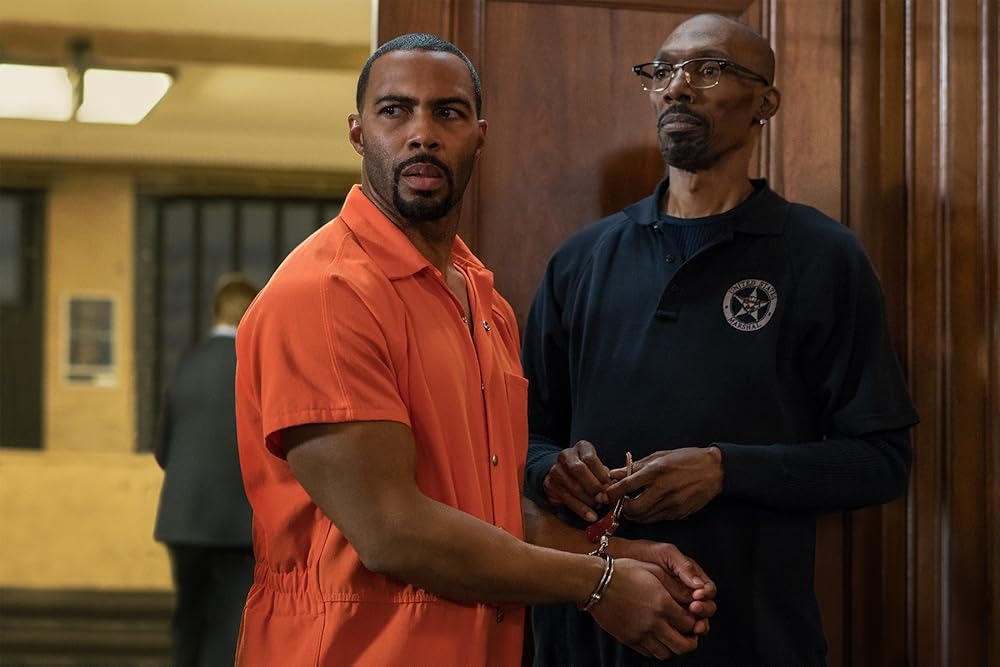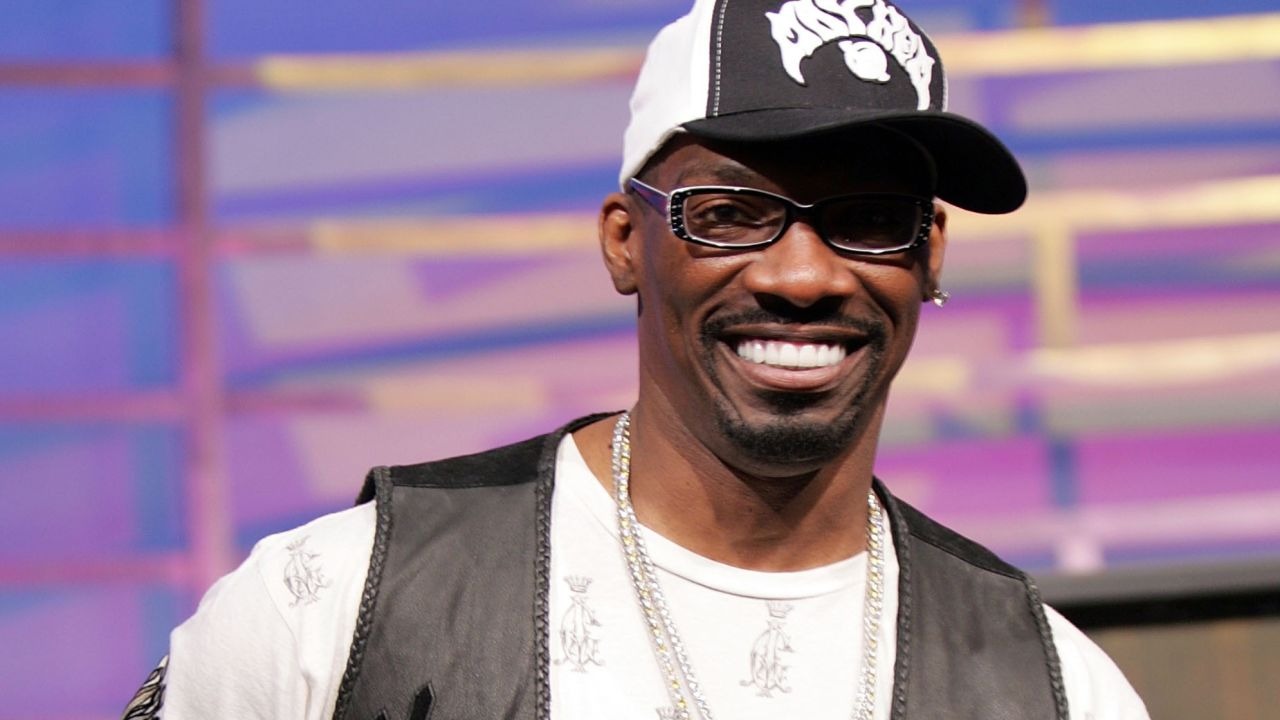# The Day Everybody Found Out How Dangerous Charlie Murphy Really Was

Charlie Murphy, known for his comedic genius on *Chappelle’s Show* and as Eddie Murphy’s older brother, carried a hidden past that revealed a far more dangerous side.
Beyond the laughter of iconic skits like the Rick James and Prince stories, Charlie was shaped by a life of violence, loss, and survival on the tough streets of Brooklyn and Long Island during the 1970s.
Born in 1959 in Bushwick, Brooklyn, Charlie faced hardship early. At five, his parents split; at ten, his father, a transit police officer, was murdered. This tragedy hardened him, fueling an anger he later admitted shaped his life.

Soon after, his mother’s illness led to foster care, where he endured abuse while protecting his younger brother Eddie. These experiences forged Charlie into a fighter, a role he embraced when the family moved to Roosevelt, Long Island—a neighborhood deceptively rough behind its suburban facade.
In Roosevelt, Charlie, an outsider from Brooklyn, was tested constantly. He joined the King Pythons gang, earning the nickname “Little Boss” for his leadership and respect. Survival meant daily fights, standing ground against rival crews, and facing life-threatening moments, like when a classmate’s gun misfired against his forehead in ninth grade.
Such incidents weren’t exceptions but part of his reality, instilling a fearless edge. Eddie later credited Charlie’s gang ties and toughness for keeping bullies at bay during school years.
Charlie’s street life led to legal troubles, including an armed robbery that resulted in probation, followed by more charges and a 10-month stint in Nassau County Jail.
Even there, his resilience shone—he began making inmates laugh, discovering his comedic voice amidst tension. He also explored structure through the 5 Percenters, taking the name Omar Allah, though he later questioned and left the group, showcasing his analytical mind.

Post-jail, at 18, Charlie joined the Navy in 1978, seeking discipline. Six years of military life sharpened his inherent toughness, redirecting his fire.
Returning home, with Eddie now a superstar, Charlie became part of his security team, guarding him with the same fierce loyalty he’d shown in schoolyards. Stories from Hollywood—like carrying a real gun to an audition or nearly using a Tech 9 in a dispute—revealed his street instincts never faded, even as fame grew.
Charlie’s comedy career soared with *Chappelle’s Show* in 2003, his real-life tales adding raw authenticity to his humor. Yet, his past—gangs, jail, martial arts expertise—remained evident.
Comedians and peers respected him not just for laughs but for the life he’d lived. Charlie Murphy was more than a storyteller; he was a survivor who turned pain into laughter, carrying the weight of his dangerous past even at the height of stardom.

